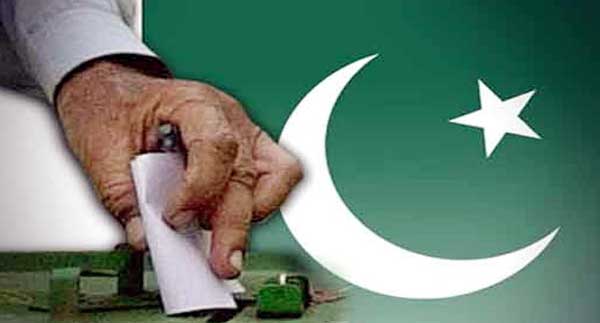A new broom in the form of Pakistan’s likely new Prime Minister Imran Khan is expected to sweep clean simply because his political bristles are hard and straight. His upbeat messaging about his governing philosophy generally and India-Pakistan relations particularly are to be noted with a measure of circumspection. The question is how soon those bristles would wear off.
In 2014, basking in the glory of his emphatic victory, Indian Prime Minister Narendra Modi too began well by inviting heads of neighboring South Asian states to attend his inauguration. It was a bold and dramatic move that many thought would transform the nature of regional diplomacy. Four years hence, that approach lies in all but tatters. Pakistan, in particular, is as distant as it has always been and peace with it hostage to the historic animus between the two countries.
Similarly, Khan’s gambit to begin his innings well by making a nearly five-minute reference to relations with India in his victory speech out of a little over 30 minutes is fraught with a similar fate. There are expectations that Khan might invite Modi to attend his inauguration but, even if that happens, that by itself is no guarantee at all of a new vigour in bilateral relations.
It is tempting to read significance in the fact that both Modi, who is 67, and Khan, 65, were born well after the subcontinent’s partition and independence. To the naive optimists that fact alone is supposed to immunize them against the prejudices of the leaderships that were born before the partition. There is nothing in their approach to Kashmir, the defining legacy of the Partition, that would suggest that two men have evolved a radically new philosophy. Both, by the very necessity of the political constituencies they cater and kowtow to, remain committed to the old approaches.
In his victory speech, Khan mentioned Kashmir as the “core issue” between the two countries, something India does not like to hear at all, as well as human rights violations in the state because of the presence of the Indian armed forces. This is a construct that India is bound to find jarring. He advocated a negotiated settlement of Kashmir and called for an end to the “blame game.” That sounds quite like the traditional Pakistani line over Kashmir.
What separates Khan from the leaders so far though is a point he also made in his speech. “I am that one Pakistani who has the most extensive familiarity with India. I have traveled across India because of cricket. I am that Pakistan who thinks that if relations between Pakistan and India are good, it can benefit the entire subcontinent. If we want to reduce poverty across the subcontinent, then it should be our number one priority to trade with each other. Both can benefit from that.”
It is true that Khan is by far the most recognizable Pakistani figure across India and has enjoyed considerable admiration because of his former avatar as a cricketer. Whether his celebrity as a cricket great can translate into an effective tool in dealing with perhaps the world’s most fraught bilateral relations is a question that may be raised effortlessly but not answered easily.
What was instructive about Khan’s speech was that while talking about China, arguably Pakistan’s most important benefactor, he spoke mostly of economic imperatives. He cited the example of China, which he said, had lifted 700 million people out of poverty in 30 years, a feat unparalleled in history. It is clear that China will be Khan’s point of reference in his global policy dynamic and even in his quest to end endemic poverty in Pakistan.
However, it is India that seemed to animate Khan beyond the pragmatist ideas. That he felt compelled to point out his extensive familiarity with the country is a good thing and perhaps foreshadows that he might leverage that in his foreign policy towards New Delhi.
Khan’s rise comes at a time when Modi’s standing seems discernibly diminished and the Indian prime minister is preparing for the 2019 general election. Although Modi supporters believe he would be returned to power in 2019, it is not a given. Khan, preoccupied as he will be with his own country’s many existential crises, ought to be aware of the likelihood of Modi’s changing fortunes but for now he will have to find a way to deal with a figure who is even more controversial in his country.
Khan might draw a lesson from the fact that the deeply complex nature of India-Pakistan relations has been so starkly illustrated in the aftermath of the superficial bonhomie between his now jailed predecessor Nawaz Sharif and Modi, who almost behaved as siblings in their early days.






Humanity in this subcontinent is suffering due to the belief which has been handed over by generations ruled over by foreigners for almost 1000 yrs, and particularly by those who suffered under the crown.
Step by step the British eroded our culture, science and craft.
Many have attempted to comment and offered a number of solutions to the indo pak relations.
However, it’s yet to see the light.
Wisdom may prevail upon us. There are no answers for situations out of the people’s belief.